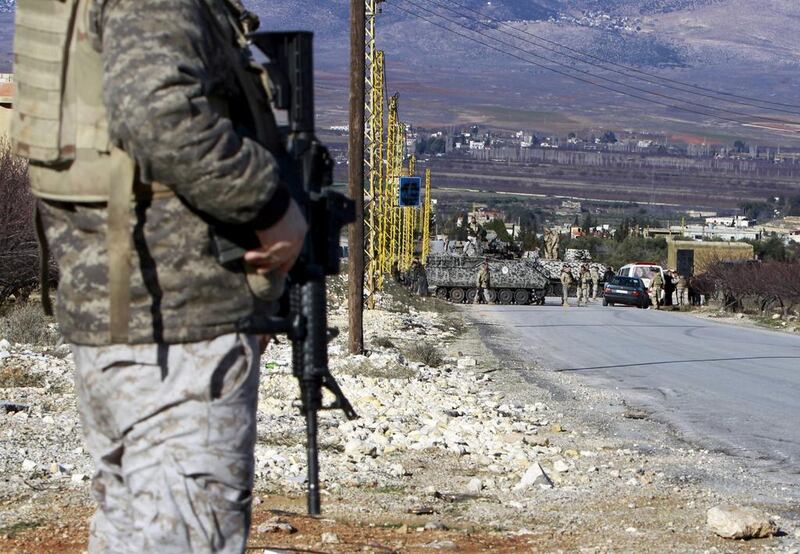Social and political issues in the Middle East and North Africa are top of the agenda as global leaders gather at the summit of the World Economic Forum in Abu Dhabi tomorrow.
The risk of instability in the region has become the biggest worry of the 1,500 opinion shapers meeting in the capital, replacing fears over the euro zone crisis, their main concern last year, according to a new survey.
Martina Gmür, who heads the WEF's network of agenda councils, said: "Our experts overwhelmingly agree that rising societal tensions in the Mena region will be the defining trend of 2014, alongside increasing inequality and unemployment."
The results were published in the WEF’s “Global Agenda Outlook 2014”, which helps to set the priorities for the WEF’s annual meeting in Davos, Switzerland, in January.
Other issues ranking high in the rating of WEF concerns are intensifying cyber threats, inaction on climate change and diminishing confidence in economic policies.
One of the report’s contributors, the economist Tarik Yousef, said there was a battle of ideas taking place within the Arab world, “and it is polarising a region whose long-term outlook remains uncertain”. Two years ago, the trajectory for the Arab Spring countries seemed straightforward, he said.
“The world assumed that the transitions in Egypt, Tunisia and Libya would eventually give birth to more pluralistic societies, that democracy would become institutionalised, and that economic prosperity would be enhanced. The road might have looked bumpy in the short term, but at least the destination was in view.
“In light of the growing political instability since, many have started to question these assumptions, and both the regional outlook and individual national trajectories have become more uncertain. There is now a growing consensus that the region is facing a time of heightened uncertainty, at the root of which is societal polarisation,”Mr Youssef added.
A study by the Pew Research Center showed that dissatisfaction with the social and political situation in Mena was highest in the Palestinian territories and Lebanon, with 88 per cent of respondents unhappy at the state of their countries.
Some 81 per cent of Tunisians and 62 per cent of Egyptians were dissatisified with their governments.
The research did not include the countries of the GCC, Ms Gmür said: “Many of these trends have huge spillover effects. Syria and Egypt are not completely isolated.”
The theme of this year’s WEF meeting in Abu Dhabi is “driving change through collaboration”.
Other issues, which also figured in the top 10 of WEF thinkers’ concerns, include “lack of values in leadership, Asia’s expanding middle class, the growing importance of mega cities, and the rapid spread of misinformation online”.
The summit will be formally opened tomorrow with addresses from its two co-chairmen, Nasser Ahmed Al Sowaidi, the chairman of the Abu Dhabi Department of Economic Development, and Sultan Saeed Nasser Al Mansouri, the Minister of Economy.
There will also be a keynote speech by Klaus Schwab, the founder and executive chairman of the WEF.
fkane@thenational.ae





